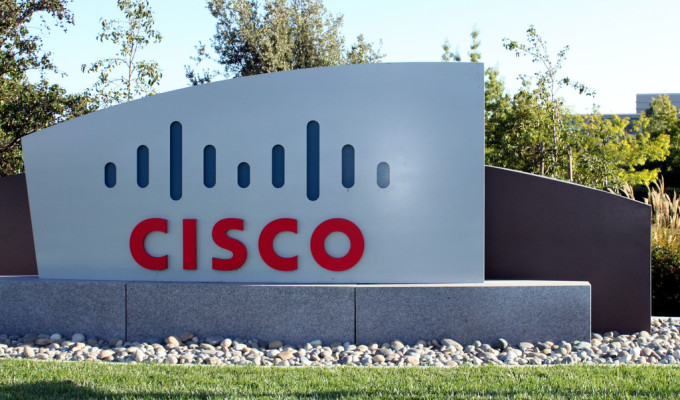
2024-3-29 02:49:51 Author: securityaffairs.com(查看原文) 阅读量:13 收藏
Cisco addressed high-severity flaws in IOS and IOS XE software

Cisco addressed multiple vulnerabilities in IOS and IOS XE software that can be exploited to trigger a denial-of-service (DoS) condition.
Cisco this week released patches to address multiple IOS and IOS XE software vulnerabilities. An unauthenticated attacker can exploit several issues fixed by the IT giant to cause a denial-of-service (DoS) condition.
Below are the most severe issues addressed by the company:
CVE-2024-20311 (CVSS score 8.6) – A vulnerability in the Locator ID Separation Protocol (LISP) feature of Cisco IOS Software and Cisco IOS XE Software. An unauthenticated, remote attacker can trigger the flaw to cause an affected device to reload.
CVE-2024-20314 (CVSS score 8.6) – A vulnerability in the IPv4 Software-Defined Access (SD-Access) fabric edge node feature of Cisco IOS XE Software. An unauthenticated, remote attacker can trigger the flaw to cause high CPU utilization and stop all traffic processing, resulting in a denial of service (DoS) condition on an affected device.
CVE-2024-20307 – CVE-2024-20308 (CVSS score 8.6) – Multiple vulnerabilities in the Internet Key Exchange version 1 (IKEv1) fragmentation feature of Cisco IOS Software and Cisco IOS XE Software. An attacker could allow an unauthenticated, remote attacker to cause a heap overflow or corruption on an affected system.
CVE-2024-20259 (CVSS score 8.6) – A vulnerability in the DHCP snooping feature of Cisco IOS XE Software. An unauthenticated, remote attacker can trigger the flaw to cause an affected device to reload unexpectedly, resulting in a denial of service (DoS) condition.
CVE-2024-20303 (CVSS score 7.4) – A vulnerability in the multicast DNS (mDNS) gateway feature of IOS XE Software for Wireless LAN Controllers (WLCs). An unauthenticated, adjacent attacker can trigger the flaw to cause a denial of service (DoS) condition.
The company also addressed other high and medium-severity vulnerabilities in Access Point Software, Catalyst Center, and Aironet Access Point Software.
Follow me on Twitter: @securityaffairs and Facebook and Mastodon
(SecurityAffairs – hacking, Cisco)
如有侵权请联系:admin#unsafe.sh